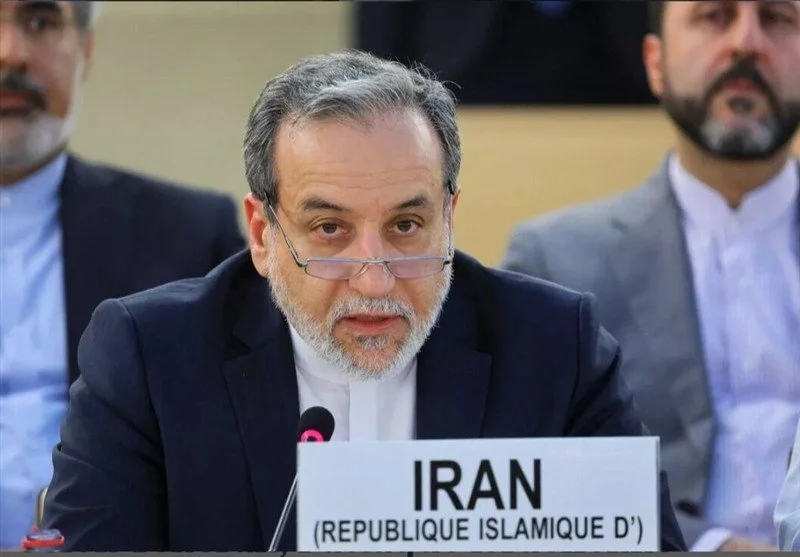Strategic Gamble: Trump’s Support for Israeli Strikes on Iran and the Homeland Security Risks Ahead
Executive Summary
President Trump has reportedly assured Israeli leadership of future U.S. backing for additional strikes on Iranian nuclear infrastructure, should Tehran attempt to revive its program. This posture signals a hardening U.S. stance but also raises the risk of regional escalation, Iranian retaliation, and blowback against U.S. interests and the homeland. Iran’s rhetoric of retribution, combined with Trump’s reliance on unpredictability as a strategic doctrine, introduces volatility into both diplomatic and military domains.
Strategic Analysis
In the wake of joint U.S.-Israeli strikes on Iranian nuclear facilities in June 2025, senior Israeli officials now believe that President Trump has granted conditional approval for future preemptive action. This understanding reportedly emerged from meetings between Israeli Strategic Affairs Minister Ron Dermer and top U.S. officials, including Vice President JD Vance and Secretary of State Marco Rubio. According to Israeli sources, the green light would be triggered if Iran attempts to retrieve or enrich its 60% uranium stockpile or resumes nuclear development activities.
While this marks continuity in Trump’s hawkish posture on Iran, it also highlights a strategic pivot toward more assertive deterrence, reminiscent of his revived use of the “Madman Theory.” This doctrine, which seeks to exploit perceptions of unpredictability to unsettle adversaries, has become central to Trump’s foreign policy identity. However, its application in a nuclear context introduces high-risk variables, particularly with a state actor like Iran, which has historically signaled that regime survival is its red line.
Iran, in turn, has issued forceful warnings. Statements from military and political leaders emphasize that the Islamic Republic has withheld significant retaliatory capacity. Iranian officials claim their naval forces and the IRGC Quds Force remain inactive and could be mobilized in future conflict. These assertions—originating from state-linked media and difficult to independently verify—suggest an effort to maintain strategic ambiguity while reinforcing domestic and regional deterrence.
Tehran has also intensified its diplomatic campaign. At the BRICS Summit in Brazil, Iranian Foreign Minister Abbas Araqchi accused the U.S. and Israel of committing an unprovoked act of aggression and violating international law. He claimed the strikes resulted in over 900 deaths and extensive damage to nuclear and civilian infrastructure. While Western intelligence has not corroborated these figures, the messaging is calibrated to frame Iran as the victim of Western lawlessness, erode U.S. legitimacy in multilateral forums, and justify any future escalation.
Meanwhile, Trump’s approach has unnerved both allies and adversaries. European leaders are increasingly vocal about the unpredictability of U.S. commitments. Germany’s Chancellor Friedrich Merz has publicly called for greater European strategic autonomy, and NATO members are rapidly increasing defense spending—moves partially attributed to doubts over U.S. reliability under Trump. These developments could shift long-standing transatlantic dynamics and reduce coordinated Western influence in crisis management.
At the same time, Trump’s desire for a broader Middle East realignment—especially normalization between Israel and Arab states like Saudi Arabia—hinges on containing the Gaza conflict. Though he has publicly pressured Netanyahu to finalize a ceasefire, the dual pursuit of de-escalation in Gaza and escalation toward Iran presents a contradictory policy mix that may strain regional cooperation efforts.
Domestically, this strategy also carries risks. Iran and its proxies have historically responded to perceived threats with asymmetric tactics, including cyberattacks, targeted influence operations, and strikes on U.S. interests abroad. Increased tensions could heighten threats to U.S. military personnel, diplomatic facilities, and even soft targets on the homeland. If Tehran perceives U.S.-Israel coordination as signaling regime change intent, retaliation is more likely and more complex.
In sum, while Trump’s endorsement of future Israeli strikes may serve as short-term deterrence, it introduces long-term strategic risks. It may embolden Israeli military actions, provoke Iranian countermeasures, and reduce the U.S.’s ability to credibly act as a mediator or stabilizer. The situation warrants close monitoring, not only for its implications in the Middle East but for its potential to draw the U.S. deeper into a regional conflict with cascading global effects.


